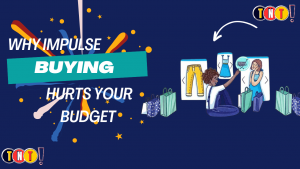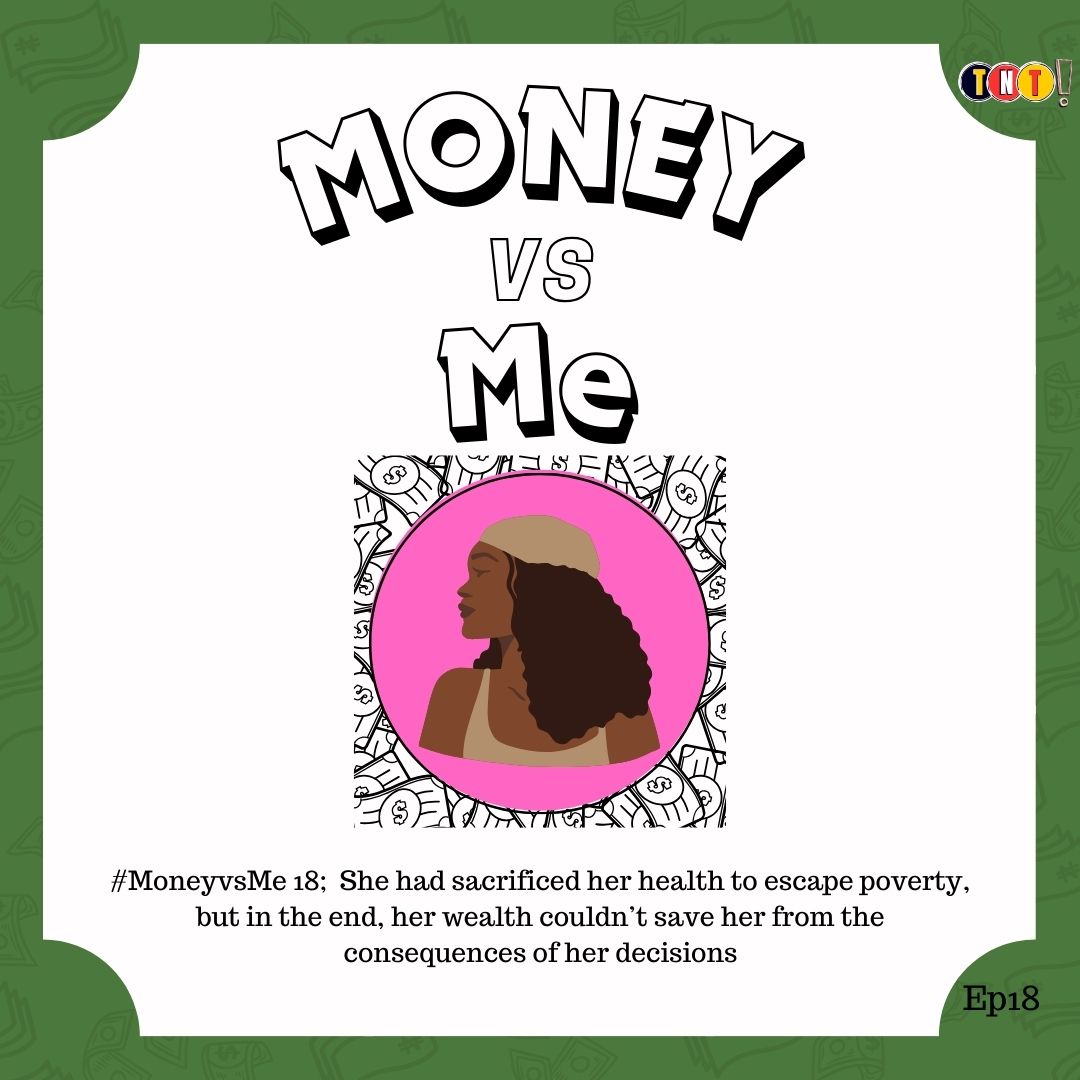Impulse buying can be a sneaky habit that drains your wallet without you even realizing it. It’s that unplanned purchase at the checkout line or the late-night online shopping spree that leaves you with items you don’t need. While occasional indulgence can be harmless, frequent impulse buying can disrupt your financial goals. In this article, we’ll explore the reasons behind impulse purchases, their impact, and practical strategies to avoid them while staying within your budget.

What Causes Impulse Buying
Impulse buying is often driven by emotions and psychology. Retailers are experts at tapping into human desires by creating environments that encourage spontaneous purchases. Factors such as:
- Instant Gratification: The immediate joy of acquiring something new triggers dopamine release, making the purchase feel rewarding.
- Fear of Missing Out (FOMO): Limited-time offers, flash sales, and discounts create urgency, prompting people to buy now rather than later.
- Emotional Spending: Stress, boredom, or even happiness can lead to shopping as a coping mechanism, whether you’re treating yourself or looking for a distraction.
The Good Side of Impulse Buying
While impulse buying is generally seen as detrimental, it’s not all bad.
- Instant Joy: The rush of buying something new can boost your mood temporarily, providing a sense of fulfillment.
- Discover New Products: Sometimes impulse buying leads to discovering a product you hadn’t planned on but ends up being incredibly useful or enjoyable.
- Support Local and Small Businesses: Unplanned purchases from local shops or small businesses can support the community and economy.
However, it’s important to acknowledge that the negative consequences far outweigh the positives if not kept in check.
The Bad Side of Impulse Buying
When unchecked, impulse buying can wreak havoc on your finances and overall well-being. Here’s why:
- Financial Instability: Constantly buying things you don’t need can quickly drain your bank account, pushing you into debt or making it hard to save for important financial goals.
- Buyer’s Remorse: After the excitement fades, many people regret their impulse purchases, realizing they’ve wasted money on unnecessary items.
- Clutter: Impulse buying often results in acquiring things you don’t actually need, leading to a home full of clutter and unused items.
- Missed Financial Goals: Regularly indulging in spontaneous purchases can sabotage long-term savings or investment plans, making it difficult to achieve significant financial milestones like buying a home or starting a business.
How to Avoid Impulse Buying: Practical Tips
Avoiding impulse buying requires mindful habits and discipline. Here are some actionable tips:
- Create a Budget and Stick to It: Having a well-defined budget can act as your first line of defense against unnecessary spending. Break down your income and expenses, and allocate a specific amount for discretionary spending. Be strict about not exceeding this limit, no matter how tempting a purchase may seem.
- Wait Before You Buy: One of the simplest ways to curb impulse buying is the 24-hour rule. When you feel the urge to make an unplanned purchase, wait for at least 24 hours before deciding. Often, the desire fades, and you realize you don’t actually need the item.
- Unsubscribe from Promotional Emails: Retailers send constant reminders of their latest sales, tempting you to buy things you didn’t even know you wanted. Unsubscribe from newsletters and promotions that encourage unnecessary purchases. Out of sight, out of mind!
- Use a Shopping List: Whether you’re grocery shopping or browsing online, always make a list of what you need and stick to it. This limits unnecessary spending and keeps you focused on what’s essential.
- Limit Credit Card Use: Using credit cards can make impulse buying easier since you don’t feel the immediate impact of spending. Switch to cash or debit cards for discretionary spending, where you only spend what you have on hand.
- Avoid Shopping When Emotional: If you’re feeling stressed, sad, or even overly excited, avoid shopping. Emotions can cloud judgment, leading to purchases you’ll later regret. Instead, find other ways to channel your emotions, like exercising, journaling, or talking to a friend.
- Set Financial Goals: When you have clear financial goals, such as saving for a vacation, paying off debt, or building an emergency fund, it becomes easier to resist impulsive spending. Regularly reminding yourself of these goals will help you stay focused on what really matters.
Tools and Apps to Help You Stay on Track
In today’s digital age, there are many apps designed to help you track your spending and avoid impulse buying. Consider using:
- Mint: A budgeting app that tracks your spending and categorizes expenses, making it easier to see where your money is going.
- YNAB (You Need A Budget): This app focuses on giving every dollar a job, helping you stick to your financial goals.
- Honey: A browser extension that automatically finds discounts and coupon codes, helping you save money on purchases you already planned to make.
The Role of Mindfulness in Controlling Impulse Buying
Mindful spending is the practice of being fully aware of how and why you spend your money. Before making a purchase, ask yourself:
- Do I really need this?
- Will this purchase bring long-term happiness, or is it just a quick fix?
- Does this align with my financial goals?
By practicing mindfulness, you can make more intentional choices about where your money goes, ultimately reducing the frequency of impulse buying.
Take Control of Your Spending
Impulse buying can feel satisfying in the moment, but it often leads to regret and financial strain. By being proactive, setting clear boundaries, and developing mindful shopping habits, you can avoid the pitfalls of spontaneous spending. Remember, it’s not about depriving yourself, but about making thoughtful, intentional decisions that align with your financial goals.



